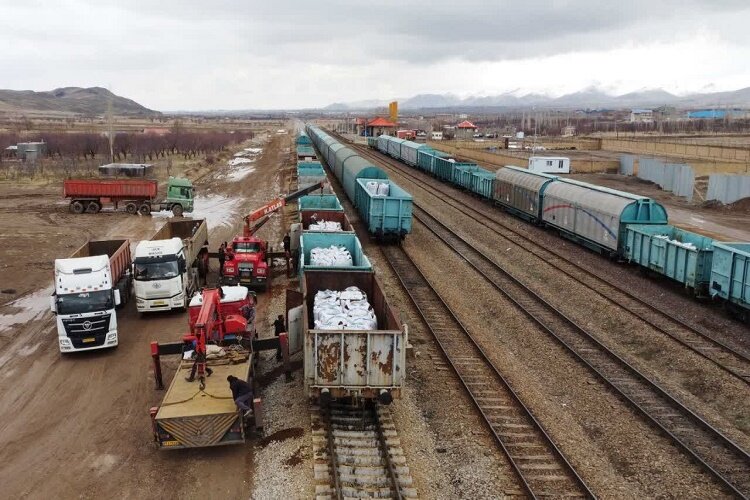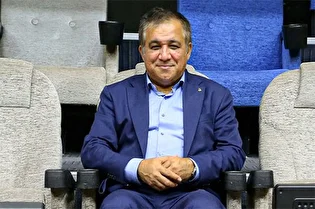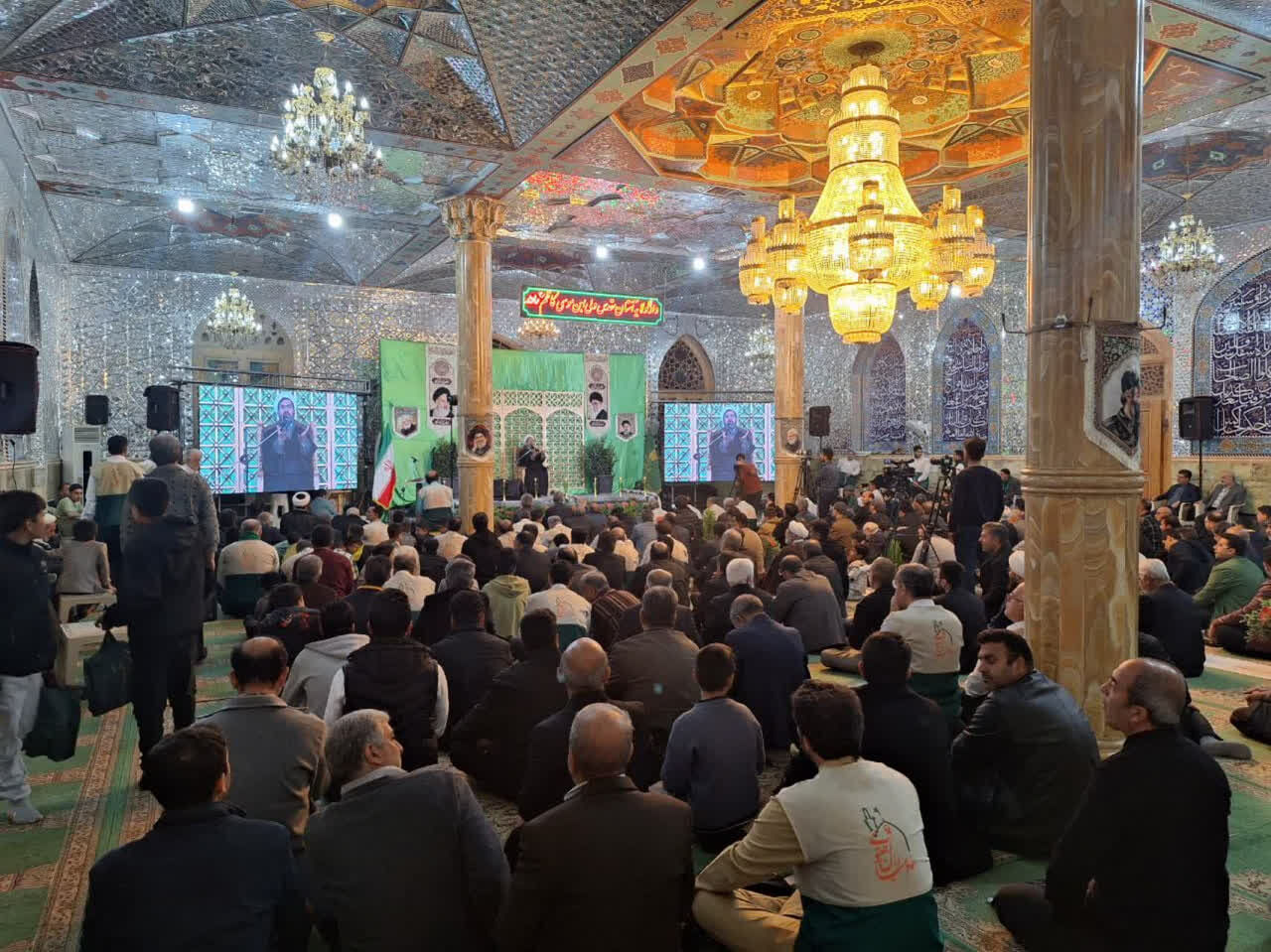Dozens appear in court for supporting Palestine Action with thousands still waiting for trials
Dozens appear in court for supporting Palestine Action with thousands still waiting for trials

Dozens of people facing terrorism charges for showing support for the proscribed group Palestine Action appeared at London's Westminster Magistrates Court on Wednesday in the first of two days of preliminary hearings.
Judges are struggling to cope with some 2,100 people who face terrorism charges for holding cardboard signs reading “I oppose genocide, I support Palestine Action.”
Thursday's hearing dealt with 28 indvidual cases. Around 170 people - most of them pensioners - have been charged with the low-level terrorism offence of displaying an item supportive of a proscribed organisation, which can carry a six-month prison sentence.
"It does seem like the system is having to deal with something it has never dealt with before," former government lawyer Tim Crosland told Middle East Eye.
"You've got very few judges, very few courts that are equipped to deal with this very extraordinary regime."
Most of the defendants at Wednesday's hearing were arrested during the first round of protests challenging the ban in July.
Many of them did not have a lawyer; all of them pleaded not guilty.
The UK government proscribed Palestine Action under anti-terror laws on 4 July, following an incident in which members broke into RAF Brize Norton and attacked with paint and crowbars two planes they said were “used for military operations in Gaza and across the Middle East".
The oldest defendant, 83-year-old priest Sue Parfitt, had to have Judge Snow come down from the bench to sit next to her as she is hard of hearing
The designation puts Palestine Action on a par with al-Qaeda and the Islamic State under British law, making it a criminal offence to show support for, or invite support for, the group, punishable by up to 14 years in prison under the Terrorism Act 2000.
Since then, hundreds have been arrested at protests demanding the proscription be overturned.
The oldest defendant, 83-year-old priest Sue Parfitt, had to have Judge Snow come down from the bench to sit next to her as she is hard of hearing.
When asked for her plea, she said: “I was objecting against the proscription of Palestine Action and I therefore plead not guilty.”
The prosecutor Peter Ratliff said the ongoing legal challenge to Palestine Action’s proscription had complicated the process of fixing trial dates.
Judge Snow set provisional trial dates for March, but the legal battle could mean that they do not take place before the end of 2026.
If the challenge is successful in reversing the ban, many of the prosecutions could be scrapped.

In order to cope with the number of defendants, Judge Snow outlined a plan which would involve at least two trials a day for 10 defendants starting on 23 March. This would come to at least 400 trials.
He warned that if the Supreme Court gets involved in the cases, the plans will need to be revised.
But lawyers and defendants have argued that the plan risks restricting their right to fair trial, as it would not allow enough time for them to give evidence and to hear from expert witnesses.
When one defendant, 72-year-old Deborah Wilde, told the court that the time limit did not allow for her to have a fair trial and that she would like to seek leave to appeal, Judge Snow told her that he was "satisfied that the time was sufficient" and that he was not allowing her more time.
"You've got people thinking, how do we industrialise this process?" Crosland told MEE.
"The sorts of things that are being suggested go against yet another democratic right, which is the right to a fair trial and a fair hearing, which is even more important when you're being charged with something under the Terrorism Act."











